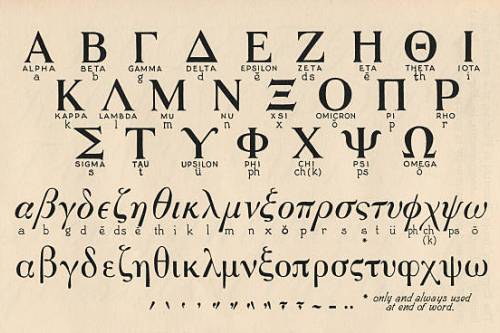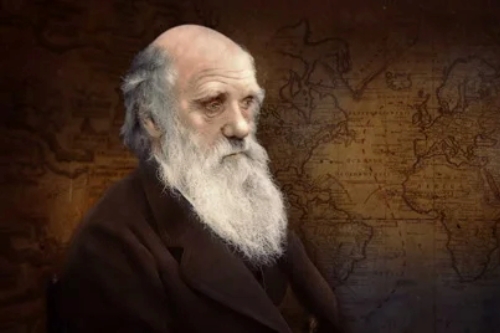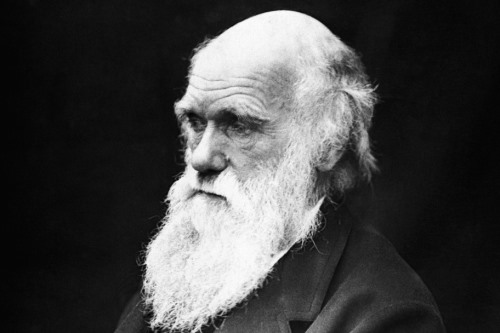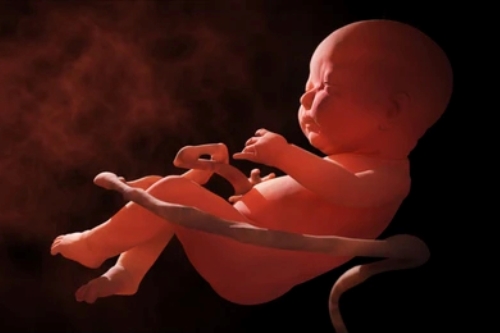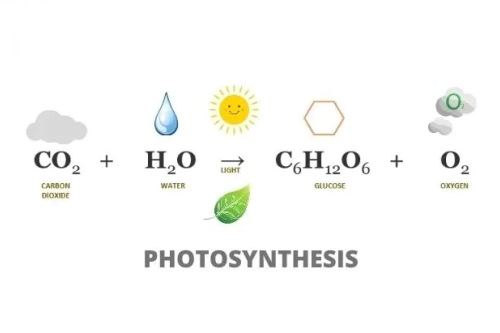It’s Greek to Me
Why University Fraternities and Sororities use Greek letters, the back story, and why you should care Today’s Guest Writer is: Mark A. Korodan While the answer is not complicated or mysterious, it does take some thought and background information to arrive at the correct answer. I know there are many in academia who know the […]
